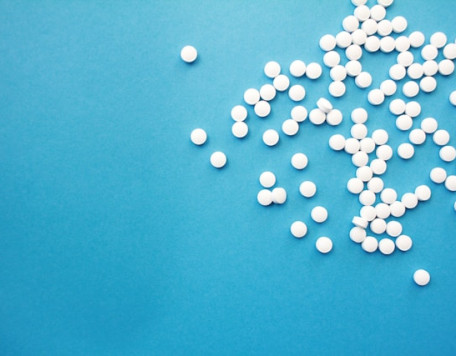© Pint of Science, 2024. All rights reserved.
Our immune system defends us from daily external insults from bacteria, fungi, viruses and amoeba. Pathogenic bacteria, for example, have cunning ways of avoiding detection by the human immune system, making them difficult to clear from the body. However, the human body has evolved equally sophisticated means of targeting and degrading pathogens… and sometimes ourselves. Come and learn how the body’s own defence systems can sometimes turn on it! This event has been kindly supported by Abcam.
Breaking down Tuberculosis' defenses at the Molecular Level
Will Conrad
(Postdoctoral Researcher)
The mycobacterium that causes tuberculosis infects one-third of world’s population. Despite our efforts, it remains one of the top 10 causes of death worldwide and drug resistance is on the rise. Thus, there is a need for novel antibiotics that exploit new drug targets. My research focuses on the Mycobacterium marinum model of infection in zebrafish, which allows us to study the disease rapidly, safely, and at earlier stages of disease progression. We have discovered a mycobacterial gene we call TmID (pronounced 'timid'), which affects mycobacterial ability to survive in our bodies.
Destroying Proteins inside Human Cells: How and Why?
Dean Clift
(Postdoctoral Researcher)
All the cells in our body contain thousands of molecular machines called proteins, which carry out almost all biological processes that are essential for life. Many diseases such as cancer and neurodegeneration are caused when these protein machines go wrong. Scientists are developing new technologies to selectively destroy cellular proteins with the hope of understanding cell biology and curing disease.
How the Brain Eats Itself
Guy Brown
(Professor of Cellular Biochemistry)
The brain contains cells called “microglia” that can eat other cells. During development, microglia eat connections between nerve cells in order to sculpt the brain according to experience. Too little of this may result in autism, and too much: schizophrenia. During neurodegeneration, the microglia become hyperactive and eat whole nerve cells.
Map data © OpenStreetMap contributors.
Other The Grain and Hop Store events
2024-05-13
Are the new class of GLP1 anti-obesity medications a panacea?
The Grain and Hop Store
69 Regent St, Cambridge, CB2 1AB, United Kingdom


